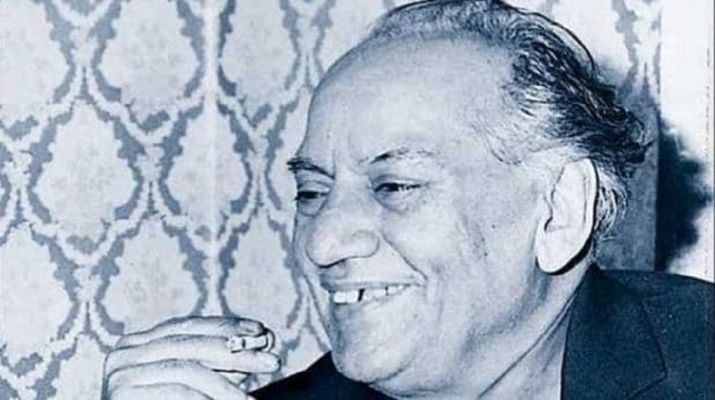
Urdu poet Faiz’s poems removed from NCERT books for new academic session

Verses by well-known Pakistani poet Faiz Ahmed Faiz have been removed from NCERT’s Class 10 textbook for the CBSE 2022-23 academic curriculum, which was released recently.
The course content excludes images on page 46, 48, 49 of the NCERT book that refer to two posters and a political cartoon, reported The Indian Express.
One poster, which illustrates Faiz’s verses, was issued by NGO ANHAD. Social activists Shabnam Hashmi and Harsh Mander are co-founders of the NGO.
The verse – “Not enough to shed tears, to suffer anguish, not enough to nurse love in secret…Today, walk in the public square fettered in chains”, was translated from Faiz’s poem “Aaj Bazaar Me Pa Ba Jola Chalo”, or “Let us walk in the market in shackles”.
The other poster, with excerpts of another Faiz poem, was issued by Voluntary Health Association of India. The translated verse – “We remain strangers even after so many meetings, blood stains remain even after so many rains”, was from the poem that Faiz wrote after he visited Dhaka in 1974, three years after Bangladesh became independent.
Also read: BJP’s new bedfellow in TN is an old enemy – the Dravidian identity
The cartoon was illustrated by Ajith Ninan, which first appeared in The Times of India, showing an empty chair adorned with religious symbols. Below the illustration was a caption that read: “This chair is for the CM-designate to prove his secular credentials…There will be plenty of rocking!”
Late Prof Hari Vasudevan had chaired the committee that developed the textbook following the revision of the National Curriculum Framework in 2005.
Other things dropped from the NCERT books are:
- Chapters on “democracy and diversity”, which talked of caste and racial inequalities all over the world, including in India
2. “Popular struggle and movements” of Nepal and Bolivia and, “challenges to democracy” on reforming democratic politics.
3. A chapter on “Central Islamic Lands” has been omitted from the History book for Class 11.
4. Chapter titled “Impact of globalization on agriculture” has been removed from Class 10 textbook while a chapter on “Cold war era and Non-aligned Movement” has been omitted from Class 12 Political Science curriculum.
5. A unit on mathematical reasoning too has been dropped from the Class 11 curriculum.


